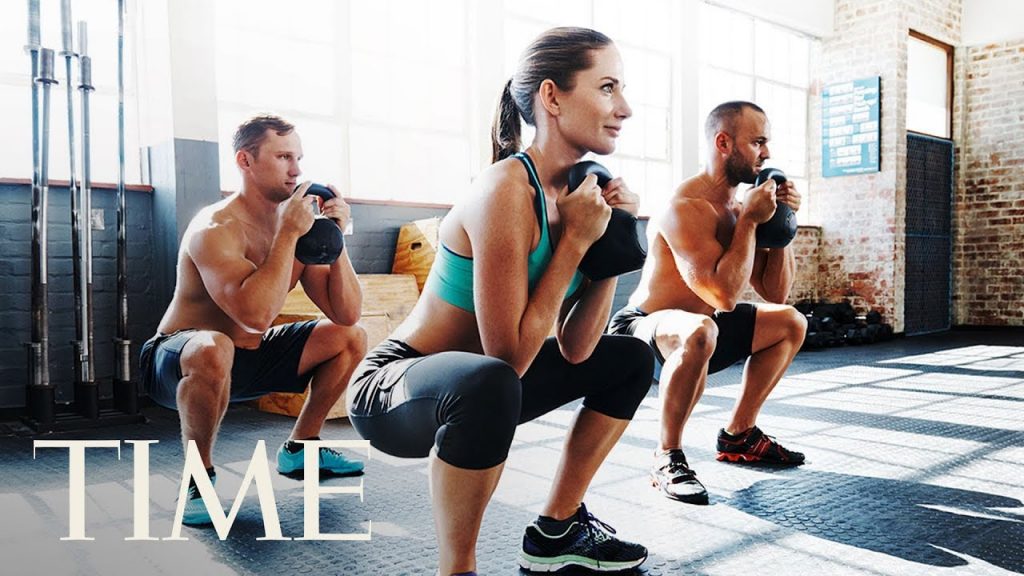A lot of articles online show that exercising in the morning is the best time of day. They’re not wrong; working out and enjoying the fresh air does have its fair share of benefits. But what if your schedule doesn’t allow it?
There are several things to consider before deciding the time for you to work out. Here is a list of questions to ask yourself.
1. How much time do you have?
You can’t exactly workout during business meetings unless you’re a coach at Lucille Roberts or Curves doing sessions with your trainee. Always pick the time where you’re not doing anything else so you can focus on getting the most out of your workout. The frequency and quality of workouts produce better results than going for the weight rack tired and hurrying.
You’ll be doing this for several months, if not, years, so take the time to evaluate your schedule. Once you’ve decided on a time, commit to it long-term. You’ll see results sooner compared to working it out once or twice a week on different days.
2.. Will you be doing this before or after sleeping?
The amount of energy you have prior to working out is significant. Depending on your priorities, you have to choose if you want to have enough energy for your job or workout. For busy individuals, the best time to workout would be before you start your day.
Science does say going out for a run should be at least 3 hours before your bedtime. That’s another thing to keep in mind. You will find out it will be more difficult to sleep just after working out as the body is flooded with hormones that help you exercise better.
You will lose fat when exercising on an empty stomach, which is commonly right after you wake up. The disadvantage of working out after sleeping is the low blood sugar levels. This might affect your ability to work out, as your body has no fuel to consume.
3. Can you eat before or after your workout?
If your objective is to lose weight, then the better option is to workout a few hours after you’ve eaten. This ensures you’re always on a caloric deficit. You also get to burn the calories you’ve just consumed.
You may not need to eat after a workout if you already did beforehand. If you decide to do the opposite, that is, eating after a workout, you’re fueling your body to recover. This is especially useful for individuals who want to gain weight in lean mass.
4. Do you prefer daytime or night time?
In relation to number 2, the amount of daylight and the interplay of hormones play a significant role in how active you are in your workouts. If you’re a regular morning person, then chances are that workouts in the afternoon give better results. This is because testosterone, the hormone responsible for muscular development, peaks later during the day.
Women also have slight amounts of testosterone and they will benefit greatly if they workout in the afternoon. Your heart has also had enough time to warm up when you’ve been awake for some time, making circulation more effective. Oxygen perfuses cells better if there’s enough blood going around.
